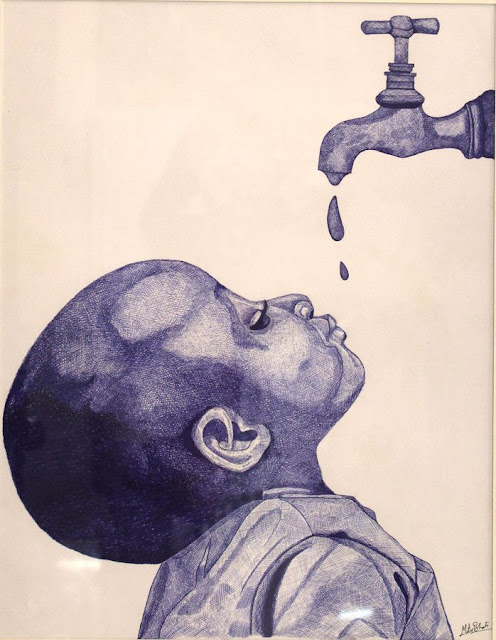Stand up for Human Rights
Famous artists who contributed their power to Human rights
What should you look into the art?
Guernica (1937) – Artist: Pablo Piccaso
Considered one of the most powerful anti-war paintings of all time, Picasso painted “Guernica” while in Paris. It is a response to the bombing of Guernica, a town in northern Spain. The painting was first exhibited at the 1937 Paris International Exposition and toured to raise funds for the Spanish war relief. It depicts humans and animals suffering, their faces and bodies contorted in pain and grief. Picasso had originally planned another painting. When he heard about Germany and Italy bombing Guernica and talked to poet Juan Larrea, he decided to focus his painting on the horrific event. There’s much debate about the symbolism in the painting, but there’s no doubt that the work provokes a strong emotional reaction in anyone who sees it. It’s credited with drawing more international attention to the bombing. A tapestry reconstruction hung in the UN Headquarters for almost 25 years.
The Face of War (1940) – Artist: Salvador Dali
What is the art style of this painting?
Unite (1971) – Artist: Barbara Jones-Hogu
1. How are people in this artwork standing and gesturing? Can you guess what the gesture means?
2. What do the words say, and how do they relate to the action shown in the print?
3. Look at the forms and colors. Which ones are repeated? Why?
4. What is the art style?
Barbara Jones-Hogu was a co-founder of the African Commune of Bad Relevant Artists (abbreviated as AfriCOBRA). This collective incorporated Afrocentric aesthetics and perspectives. The screenprint “Unite” depicts black Americans raising their fists, a symbol of black power. Strong and solemn, the figures represent boldness and determination. The word “unite” crisscrosses above and through the figures. Jones-Hogu, who passed away in 2017, was known for incorporating words into her art, making her meaning clear. “Unite” was displayed at the Detroit Institute of Arts’ 2017 exhibition. The message of “Unite” continues to resonate.
Norman Rockwell’s “The Problem We All Live With,”
Who is this little girl?
Why does the artist paint this artwork?
What is the art style?
At 6 years old, Ruby Bridges went to school in the protection of U.S. Marshals due to threats from white families who didn't want a Black child attending school with their children. her attending a formerly all-white elementary school.Artworks about Human Rights :
















